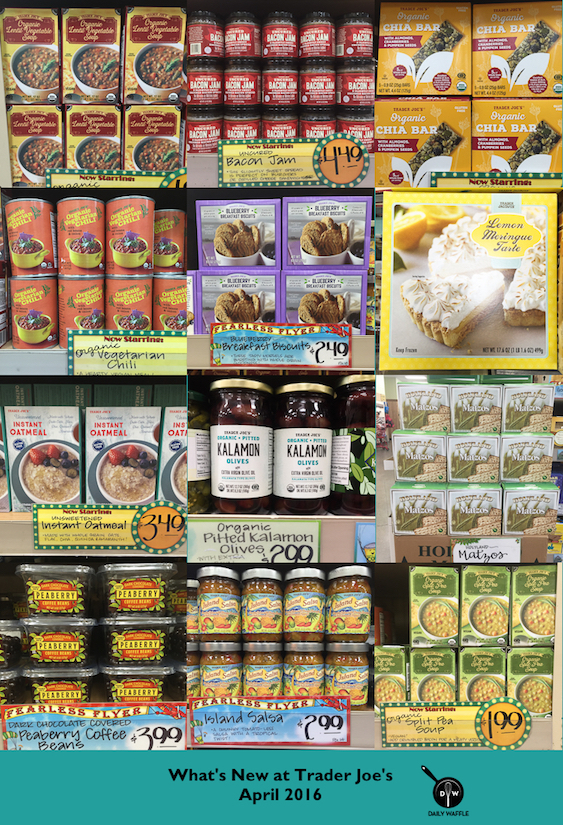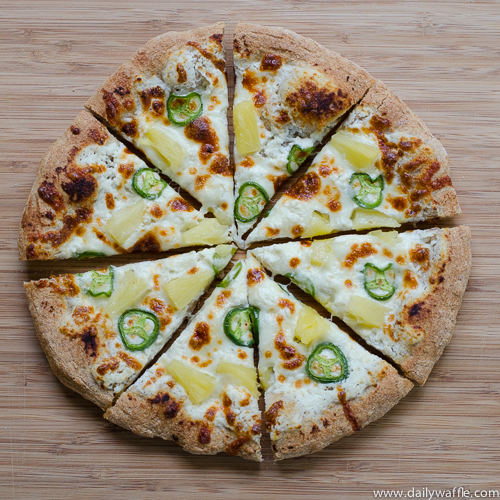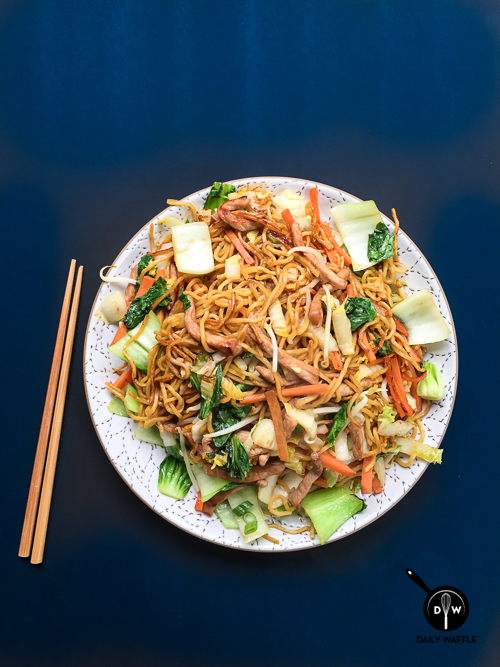“I cook food that’s not Indian, of course, in my house. I feel like it would be a hard sell for me to write a general vegetarian cookbook or to sell that through, versus selling through an Indian cookbook, even though I’m an American.” - Chitra Agrawal, ABCD’s of Cooking and creator of Brooklyn Delhi
The Sporkful kicked off a series of episodes discussing “Other People’s Food,” exploring what it means to cook another culture’s food. The first installment included an interview with Chef Rick Bayless, widely regarded as a pre-eminent expert on Mexican cuisine. It sparked a not-new discussion about white privilege in food.
That was last week. And I’m still thinking about it.
Episode 2: “What’s ‘Poor People’s Food?’” peels off other leaves of this onion, including the value we put on ethnic cuisine. “Most Americans would hesitate to pay $30 for Chinese food, but they wouldn’t bat an eyelid to pay hundreds of dollars,” for others, said Krishnendu Ray, chair of the food studies department at NYU. In large part it’s because if we think a “country is doing well economically, we tend to upgrade our estimation of their culture” and our perception shifts from “cheap ethnic food” to “expensive foreign food.”
What really resonated with me was author Chitra Agrawal’s comments about trying to get her cookbook published. Profit and exposure are critical points in this discussion about other people’s food. There is not just one problem — with a white person being deemed an authority on other people’s food — but also with people of other races and ethnicities being put into a box.
Has there been a cooking show with an ethnic face cooking “American” food without giving it some ethnic twist? Why is that? I’m American. My mom and my grandmother were born “here,” we ate hot dogs and beef stew and tuna casserole just like everybody else. But could there ever be an American Classics cookbook or show with a face like mine on it that doesn’t use culture as a gimmick? I doubt it.
In talking about the marketing of ethnic cookbooks, Dan Pashman, host of the Sporkful, noted that marketers are trying to figure out how to sell as many books as possible, and “[t]hey’re very risk averse. They want to buy something that’s like 50 percent the same as something that’s sold.”
What’s the net impact of that? Same crap, different day. American tastes are hardly being changed or challenged. And if they are, it’s at a snail’s pace.
Outside the foodiest pockets in America, few will have learned much of anything about other cultures’ foods. After the buzz dies down around Korean food, another cuisine will move to the fore. Eventually food manufacturers will take notice of that cuisine being trendy, and in a year or so it’ll show up in the frozen food section at your grocery store. Inevitably, it’ll be dumbed down to its base parts and called something like “Asian stew with rice” or some other equally generic, potentially inaccurate, but familiar category. And will we have learned anything about the culture or the history of the dish? I think we know the answer.
Although Pashman has said on Twitter, they’re not trying to come to conclusions on the Sporkful, there has to be something – some suggestion of where we go from here. Simply saying we should be more mindful is a cop-out. Otherwise, this will have been a good topic to raise and a fine conversation to have with very little to show for it. I hope that’s not the case.
The Sporkful’s Other People’s Food series continues this week with three more episodes (now a 5-parter).




